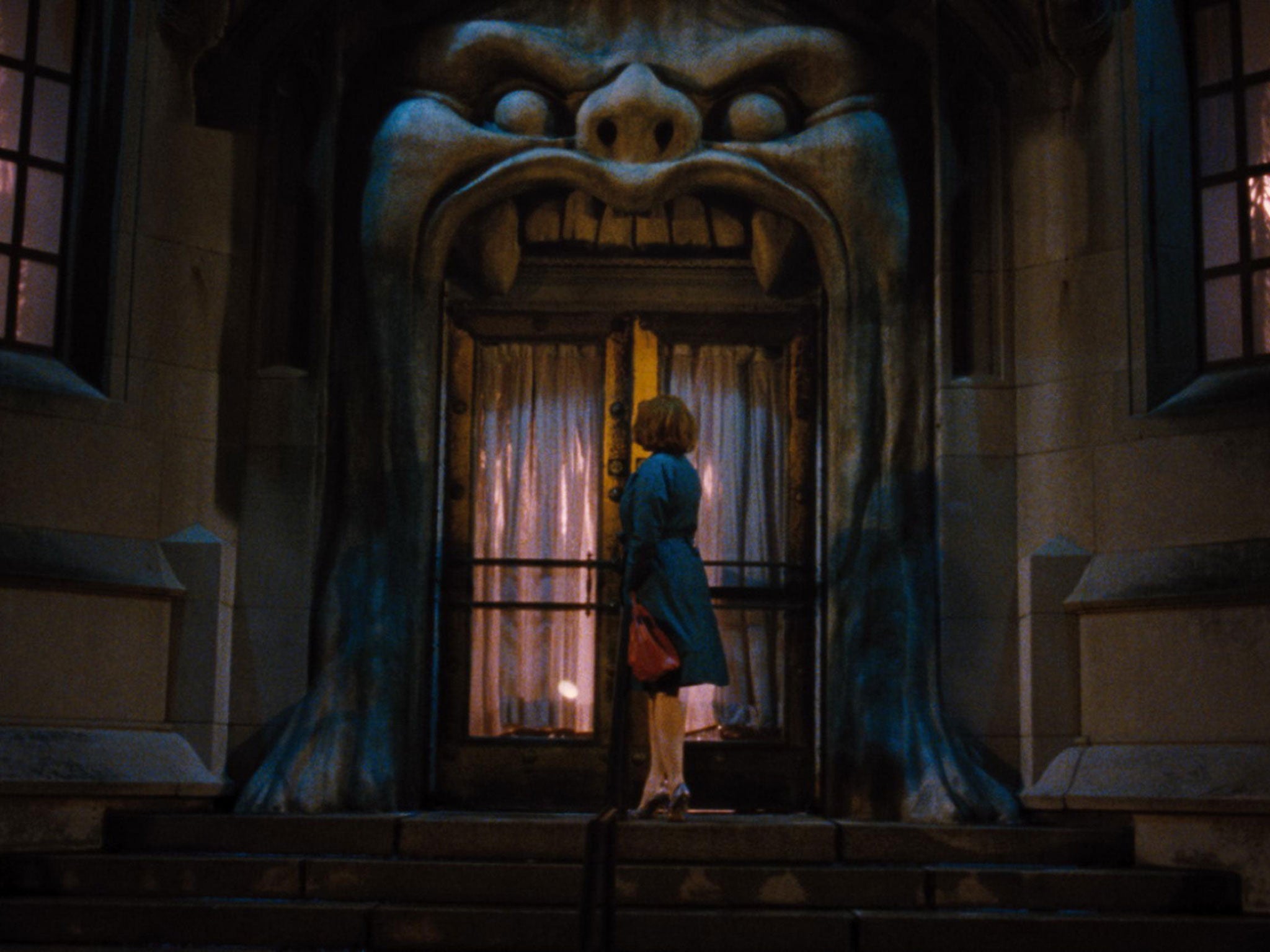Lost River, Cannes film review: 'Dazzling enough to delight Ryan Gosling fans'
Prepare for accusations of pretentiousness in a film that will be loved or hated

Your support helps us to tell the story
From reproductive rights to climate change to Big Tech, The Independent is on the ground when the story is developing. Whether it's investigating the financials of Elon Musk's pro-Trump PAC or producing our latest documentary, 'The A Word', which shines a light on the American women fighting for reproductive rights, we know how important it is to parse out the facts from the messaging.
At such a critical moment in US history, we need reporters on the ground. Your donation allows us to keep sending journalists to speak to both sides of the story.
The Independent is trusted by Americans across the entire political spectrum. And unlike many other quality news outlets, we choose not to lock Americans out of our reporting and analysis with paywalls. We believe quality journalism should be available to everyone, paid for by those who can afford it.
Your support makes all the difference."Hey Girl! He’s a director now..." was the internet meme doing the rounds in anticipation of Ryan Gosling’s directorial debut Lost River.
As an actor, Gosling has had a great love affair with Cannes, first receiving plaudits for Blue Valentine and then superstar status for his turn in Drive.
The career of The Notebook star was relaunched here as Gosling moved on from has-been teen property to everyone’s favourite actor.
Indeed it’s usually when he’s worked with Hollywood that Gosling has come a cropper.
The last actor of the stature of Gosling to have his own film debut at Cannes was Johnny Depp. That film disappeared after the premiere, a fate unlikely to befall Gosling’s debut, which although occasionally baffling in a narrative sense, is sufficiently dazzling.
Lost River has been heavily influenced aesthetically by the work of Nicolas Winding Refn, Gosling’s favoured collaborator and director of Drive and Only God Forgives. It looks like something out of a style magazine with its heavy green and red tints.
But for all the brilliance of the work of its cinematographer Benoit Debie (who shot Irreversible), the fact that the action is set in Detroit, the American city once famous for its cars but now celebrated for its abandoned buildings, seems at odds with Gosling’s criticism of America and its willingness to abandon its past and its people. It occasionally feels as though he is glamorising their misery.
Recurring burning buildings, and even the occasional burning bicycle, establish Detroit as a place of purgatory and it’s on some lower level of Dante’s Inferno that Gosling has found his characters, the type usually found in the films of Dario Argento, Gaspar Noe and Nic Roeg.
Christina Hendricks plays Billy, a mother of two who is three months behind on rent and struggling to find two coins to rub together. She brings the same mix of innocence and smarts to this starring role as she does to Mad Men. Her oldest son Bones (Iain de Caestecker) gets the most screen time as he runs around town hunting in broken buildings and schools for scrap copper.
Bones is being chased by a character who lives up to his name Bully. This is Doctor Who’s Matt Smith as you’ve never seen him before - shaved head, topless and telling all and sundry to "look at my muscles". He’s scary as the redneck who speaks in catchphrases rather than dialogue but he is not given enough screen time to explore other facets of his character.

Saoirse Ronan appears as Bone’s best friend Rat, so called because she owns a pet rat. The most interesting character is Ben Mendelsohn’s bank manager Dave. He has been brought into town by the bank to try and foreclose on buildings. He’s also a closet lounge singer and tells Billy of a job in an underground fetish club. The audience members are faceless suits, but their fascination stems from their need to watch emotional car crashes.
Gosling is famous for playing characters who look good but stay silent. The same could be said for his film, in which the visual takes precedence over dialogue. There is not much plot, and the characters are driven by basic human needs, such as food and housing.
As with Winding Refn’s Only God Forgives, this film will be either loved or hated. It was booed at the end of the screening at Cannes. Those not enthused by Gosling’s abstract look at the death of America will no doubt levy accusations of pretentiousness. For my money, there is enough substance and intellectual awareness here that the star’s fans will still be delighted.
Join our commenting forum
Join thought-provoking conversations, follow other Independent readers and see their replies
Comments